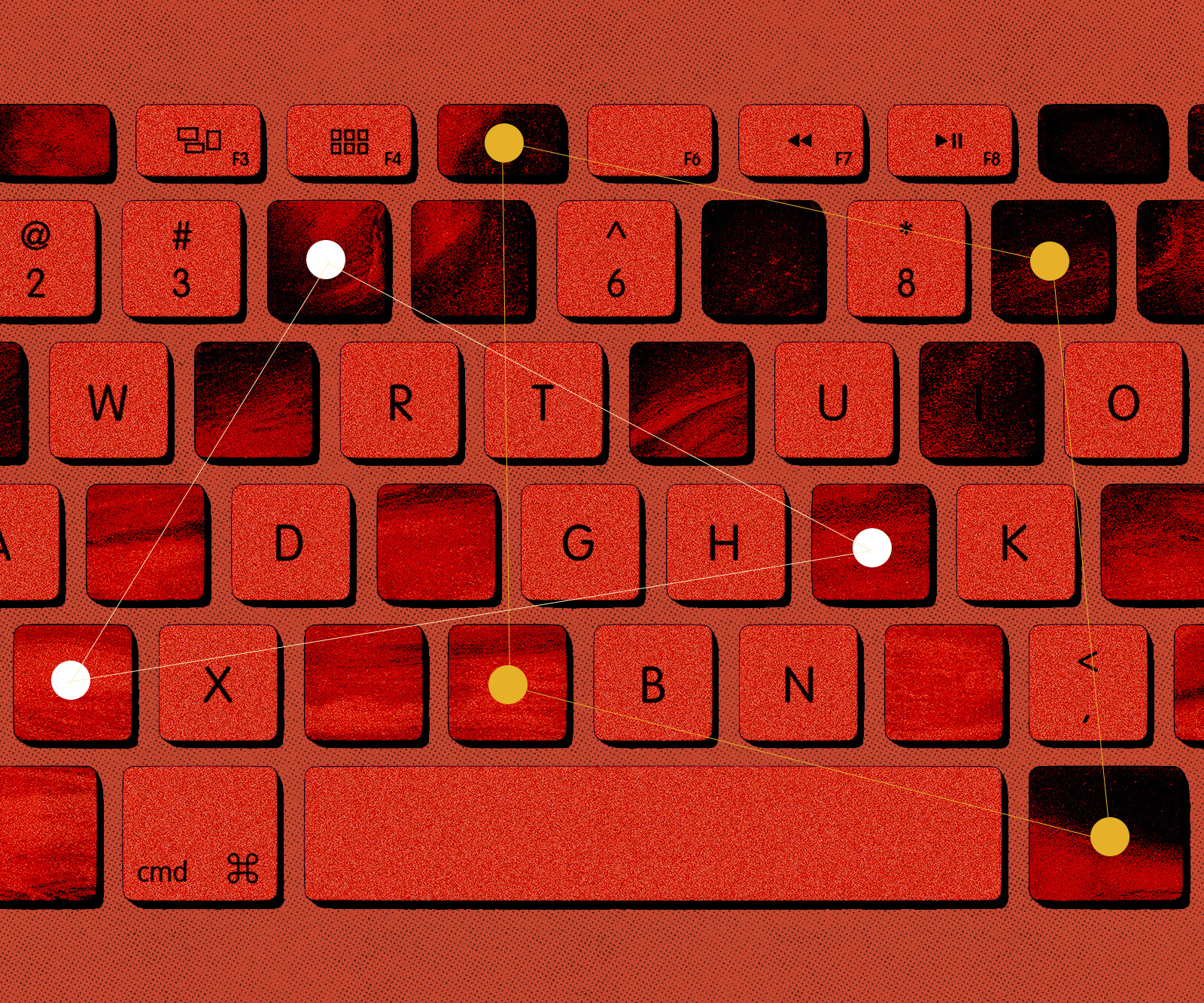Sign up here to receive our free Work Tech newsletter in your inbox.
The rise of generative artificial intelligence means all of us can now have writing assistants at our fingertips. With simple prompts, these tools can create original content, saving us time and, ideally, making writer’s block a thing of the past. We put nine different tools to the test, challenging them with a range of writing tasks designed to probe their capabilities and limitations. Our top picks are ChatGPT Plus (GPT-4 model), Bing, and Notion AI, with ChatGPT Plus taking the top prize.
While all three of these AI text generators are impressive, ChatGPT Plus performed the best across most tasks. Bing incorporates the same GPT-4 model as ChatGPT Plus, and it’s free, making it a great option for many users. Notion AI, an add-on to the project-management tool Notion, performed at a level below the others for the more advanced writing assignments, but its speed and ease of use place it on our list of top picks.
We originally had the winner, ChatGPT Plus, write this introduction, but we decided we could write a better intro than what it gave us. We kept a couple of its sentences, though—see if you can spot them.
Note: Over time, these tools will become increasingly incorporated into the applications we use every day, like Google Workspace and Microsoft 365. So what text generator you choose may have more to do with what communication or productivity software you already use, rather than the abilities of each standalone tool.
Our picks:
ChatGPT Plus (GPT-4 model)
Overall, ChatGPT Plus is the strongest AI text generator of the ones we tested. It outperformed the other tools on most of the writing assignments, particularly the blog post, which was the most complex task we gave it.
PROS
- Its overall writing quality is solid.
- It’s the most creative writing tool of the ones we tested.
- It takes feedback well, adjusting its tone and format based on what you tell it.
CONS
- Its outputs can be long-winded. (You can ask it to shorten them.)
- To access information more recent than September 2021, you have to use the “Browse with Bing” feature, which is slow.
Bing
Bing is the second best text generator of the ones we tested. It outperformed ChatGPT Plus on two of the five tasks, but it didn’t perform as well on the more advanced tasks, and, in general, its outputs were less interesting and less creative.
PROS
- It’s free to use.
- It’s connected to the internet, so you can use it to write about timely topics.
CONS
- Its outputs are less creative than ChatGPT Plus’.
- It’s not as responsive to feedback. For example, when we asked it to shorten one of its answers, it barely reduced its length.
Notion AI
Notion AI’s writing is a level below the other two, but its speed and ease of use place it on our list of top picks. Especially if you don’t already use Notion, we would recommend one of our other picks over Notion AI.
PROS
- It’s very fast.
- Since it’s built into the Notion app, it has a nice interface.
- It’s easy to use if you’re already used to Notion.
CONS
- Its overall writing quality is worse than ChatGPT Plus and Bing.
- It doesn’t have access to more recent information. For example, when we asked it to write two paragraphs about Elon Musk’s acquisition of Twitter, it answered it as a hypothetical, ending it with, “Whatever he decides to do, it is clear that Elon Musk’s purchase of Twitter would be a significant event in the tech industry and beyond.”
Read the full review at charterworks.com.
